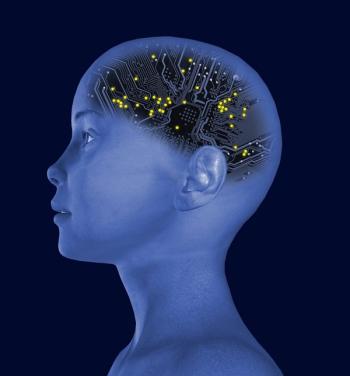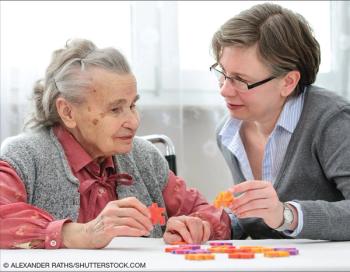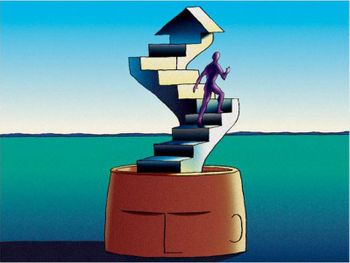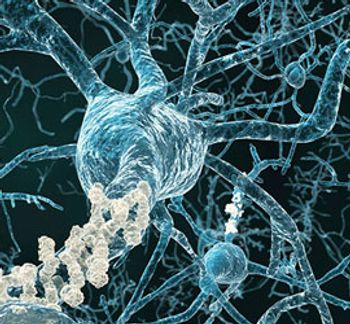
How radically do we want to alter the physician’s traditional ethical obligations to the most vulnerable of patients?

How radically do we want to alter the physician’s traditional ethical obligations to the most vulnerable of patients?

While most clinicians know about Huntington disease, they may not be aware of its devastating effect in cognition and behavior during onset in childhood and adolescence.

The latest research on the global risk of Alzheimer disease and other dementias.

A quick guide to common neurodevelopmental conditions and their associated late-life neuropsychiatric manifestations.

This article reviews a wide array of medicolegal, risk management, regulatory, and forensic mental health issues in the older population, which is growing at an accelerated rate.

Although delusional jealousy was described as an initial symptom in Alois Alzheimer’s first case report, little is known about its clinical features and prognosis in dementia.

Although a number of observational studies point to an association between conventional antipsychotic agents and increased risk in older patients, new research suggests such findings may have been flawed.

Therapeutic lying, a concept that is currently seeping into the medical literature, is the practice of deliberately deceiving patients for reasons considered in their best interest.

What do physicians intend by the term “disease”? The recent IOM report on “systemic exertion intolerance disease” (formerly known as chronic fatigue syndrome) casts this question in a new light and has many practical implications for patients, physicians, and third-party payers.

An in-depth look into the behavioral and psychological symptoms of dementia.

The SSRIs, although principally targeting serotonin transporter, are complex drugs that might work on other neurotransmitter and receptor systems. It is likely worthwhile to look at the effects of other monoamine and neuropeptide systems on the enzymatic machinery cleaving the amyloid precursor protein.

In the trenches of Alzheimer research, the battle continues . . . but where do we stand? Is the war on AD dementia nearing conclusion, or are we simply in the initial throes of the fight? Three experts weigh in.

A discussion of computerized cognitive training programs with the most independent supportive research that demonstrates a previously unrecognized degree of neuroplasticity, or cognitive flexibility, in the brain.

What treatments are effective for mild chronic depression in older patients? Are there novel antidepressant medications with fewer adverse effects than current treatments? In this podcast, experts report on the latest updates in the evaluation and treatment of depression in older adults.

Alzheimer disease psychosis appears to be a distinct clinical entity. This article focuses on management strategies.

Demographic shifts and rising life expectancies will lead to an epidemic of chronic neuropsychiatric disease, and societal and public health costs will be enormous. Deep brain stimulation--a procedure that interfaces directly with the neural elements that drive pathological behavior--could be useful.

Clearly, old age is associated with unavoidable decline but in some instances can be mitigated by mental and physical exercise and social activity. How is the preservation of function despite illness and decline accomplished? Insights here. . .

Big things are happening in Alzheimer disease research. Recent developments are shaping the future for assessment and diagnosis and allowing for early detection and treatment of the disease.

We have the target protein for Alzheimer, the antibody to knock out the protein, and the imaging test locating the protein in the brain, but there still remains one problem . . . who should receive the antibody?

Despite the prevalent perception that cognitive decline in the aged population is inevitable, researchers with Northwestern University's SuperAging Project are finding that "excellent memory capacity in late life is a biological possibility."

Our brains can be trained to function better as we age, and it doesn't take the Fountain of Youth to get there. In this podcast, geriatric psychiatrist Helen Lavretsky prescribes strategies to challenge our brains. She notes: "The more we challenge our brain, the more new nerve pathways and circuits we form."

The presence of a psychiatric diagnosis does not necessarily indicate lack of decisional capacity.

Which of the following complementary and alternative medicine (CAM) therapies may have beneficial effects on symptoms of mild cognitive impairment (MCI) and Alzheimer disease (AD)?

The proposed new diagnostic categories and guidelines for Alzheimer's disease include not only dementia, but also the preclinical and mild cognitive impairment (MCI) phases of AD.

New diagnostic guidelines and advanced screening tools enable clinicians to detect dementia and Alzheimer disease earlier than ever.